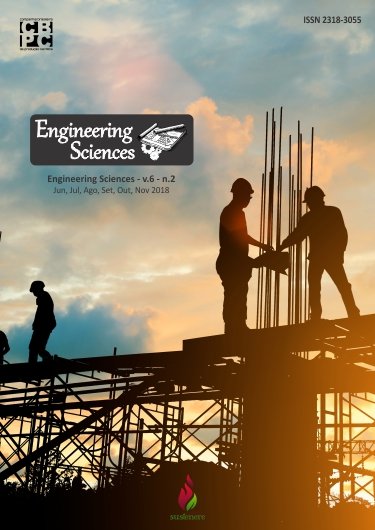Flexible pavements: case study of the west marginal BR-010, metropolitan region of the municipality of Palmas/TO.
DOI:
https://doi.org/10.6008/CBPC2318-3055.2018.002.0005Keywords:
Flexible Paviments, Flexible Paviment Projects, Paviment RestorationAbstract
With the populational and economic growth, the need to expand the transport sector becomes essential. In Brazil, the main way of transporting passengers and cargo is by road, so, it's indispensable that the project and execution of the pavement is done with adequate studies and techniques. The flexible pavements, objective of this study, have techinical requirements that needs to be met for their effectiveness. The chosen asphaltic mixture and the materials for the layers must be compatible with the requirements of the project. For a stable operational performance of the pavement, it's important that the thickness of the layers are used correctly, since an correctly executed layer boosts the pavement's lifespan, makes traffic conditions better and reduce the costs of vehicle maintenance. The Objective of this study is to verify the quality of the executed project on the West Margin of the BR-010 in Palmas/TO urban perimeter, and to find out if the initial project meets the minimal regulations required by the regulatory bodies, on minimal thickness, and also diagnose if the existent pavement supports the current requirements.
Downloads
Downloads
Published
Issue
Section
License
The CBPC - Companhia Brasileira de Produção Científica (Brazil CNPJ: 11.221.422/0001-03) the material rights of the published works. The rights relate to the publication of the work anywhere in the world, including rights to renewals, expansions and dissemination of the contribution, as well as other subsidiary rights. All electronically published works may subsequently be published in printed collections under the coordination of this company and / or its partners. The authors preserve the copyright, but are not allowed to publish the contribution in another medium, printed or digital, in Portuguese or in translation.








